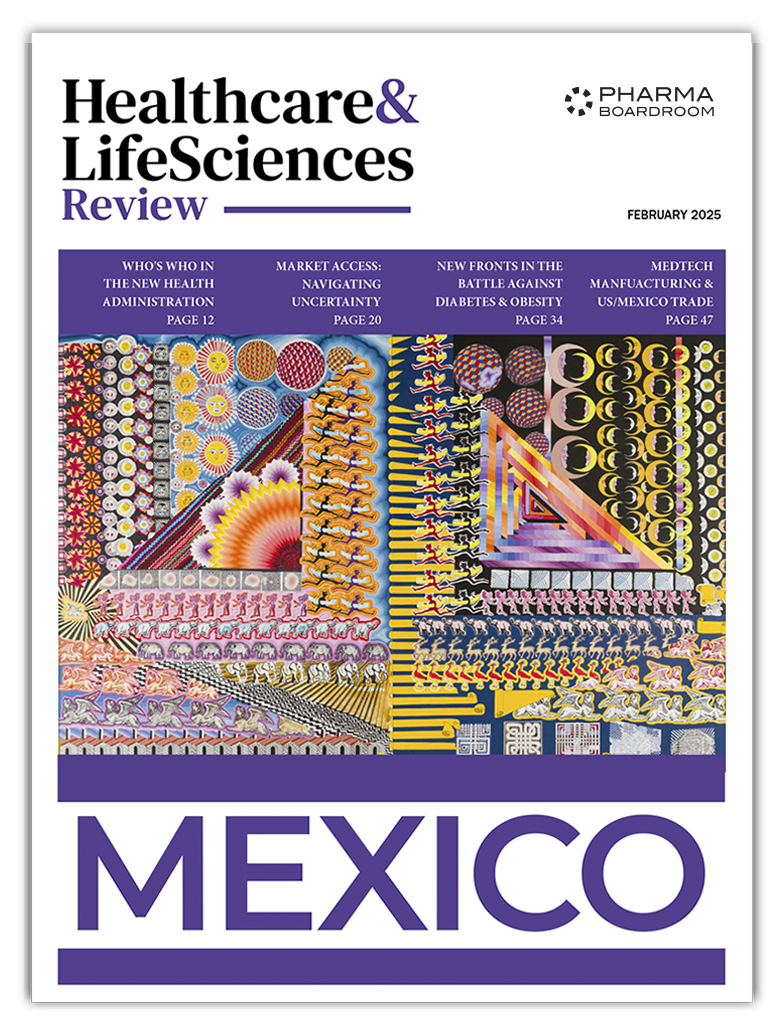The US pharmaceutical industry is scrambling to align with President Donald Trump’s policy agenda, but may not get all it wishes for…
In its first few weeks in power, the emboldened second Trump administration has enacted a scattergun set of executive orders, covering everything from swingeing cuts to the Federal workforce, severing all foreign aid, and outlawing diversity initiatives.
Corporate America now has a new, America-centric, north star. For the pharmaceutical industry – represented by the lobbying group PhRMA – this means a 2025 policy agenda that better reflects the current rhetoric emanating from the White House. In a move away from more general campaigns like 2017’s “Go Boldly” and 2018’s “Let’s Talk About Cost,” the group’s new agenda foregrounds “a healthier America,” adding that “We need to defend American leadership – preserving jobs, access to cures and future innovation.”
This realignment extends to individual firms, with several of pharma’s biggest companies, including Bristol Myers Squibb, Johnson & Johnson, and Alnylam, following the lead of tech giants like Meta and Amazon to quietly ditch diversity, equity and inclusion commitments from their latest reporting.
However, those in pharma hoping that the new Trump administration will usher in a golden era of deregulation and unfettered profits may be in for a rude awakening. Many may have forgotten that Trump had a sometimes-antagonistic relationship with pharma in his first term in office, at one point accusing companies of “getting away with murder” on the price of medicines. As Bloomberg reports, this confrontational stance seems to have persisted in a recent private meeting with PhRMA CEO Stephen Ubl, new PhRMA Chairman Albert Bourla of Pfizer, and other industry leaders.
The President warned his guests that tariffs are inevitable, that companies unwilling or unable to re-shore manufacturing to the US would suffer, and made no commitments to reforming the Medicare drug pricing negotiations introduced by the Biden administration’s Inflation Reduction Act and loathed by the industry.
Indeed, Medicare officials are moving forward with the next round of price negotiations, which include the weight loss medications Ozempic and Wegovy – two of the most valuable products in the market today and therefore a potentially major concern for the industry.
Another repeated industry complaint of the Biden years – that the Federal Trade Commission had been too assertive in challenging merger and acquisition activity – is also set to remain in place. Under former Commissioner Lina Khan, the FTC challenged Amgen’s 2023 acquisition of Horizon Therapeutics and Sanofi’s attempted tie-up with Maze Therapeutics on antitrust grounds. New FTC chairman Andrew Ferguson has said that he plans to maintain stricter antitrust scrutiny, despite expectations of dealmaking leniency under Trump.
All of this comes on top of the gutting of staff from several relevant agencies for pharma, including the Food & Drug Administration and the Centers for Medicare and Medicaid Services; significant cuts to funding of research projects at the National Institutes of Health; and the wildcard appointment of Robert F. Kennedy Jr. – an avowed vaccine sceptic and serial litigator against vaccine companies – as Health and Human Services Secretary.
Thus far, PhRMA has sidestepped tackling these uncomfortable truths, even as they clash with its own policy goals such as “modernising the FDA to keep pace with innovation.” Instead – at least publicly – the industry is highlighting the opportunities rather than the challenges that lie ahead.
At PhRMA’s recent annual summit in Washington DC Ubl lamented “the political agenda of the past four years [which] has undermined the pillars of a strong pharma ecosystem in the US, causing patients to suffer the consequences,”. Referring to Trump as “a disruptor in chief” and Kennedy as “committed to overturning the status quo,” he proclaimed that “the prospects for bold, meaningful change has never been greater.”
Bourla, who worked closely with the first Trump administration to quickly develop, manufacture and market a COVID-19 vaccine during ‘Operation Warp Speed’ was similarly optimistic. “I truly believe that the opportunities clearly outweigh the risks because this is an administration that believes that strong business, a strong private sector, and strong entrepreneurship makes America great,” he said “That was not the case with the previous administration…This administration has a boldness.”
Whether this ‘boldness’ translates into policies that truly benefit the pharmaceutical industry remains to be seen. For now, despite its public proclamations of support, PhRMA may find itself facing more obstacles than opportunities under Trump’s ‘America First’ agenda.


